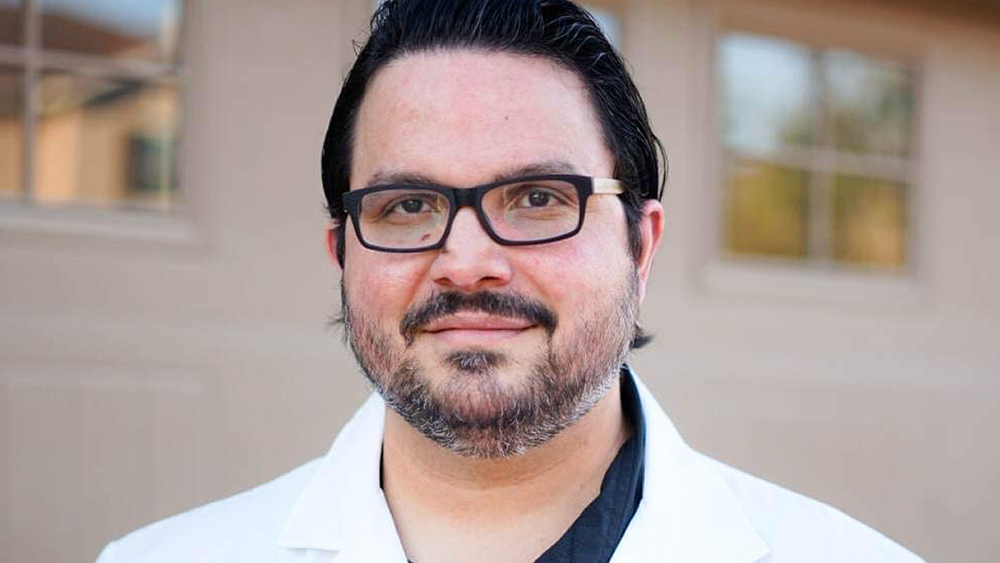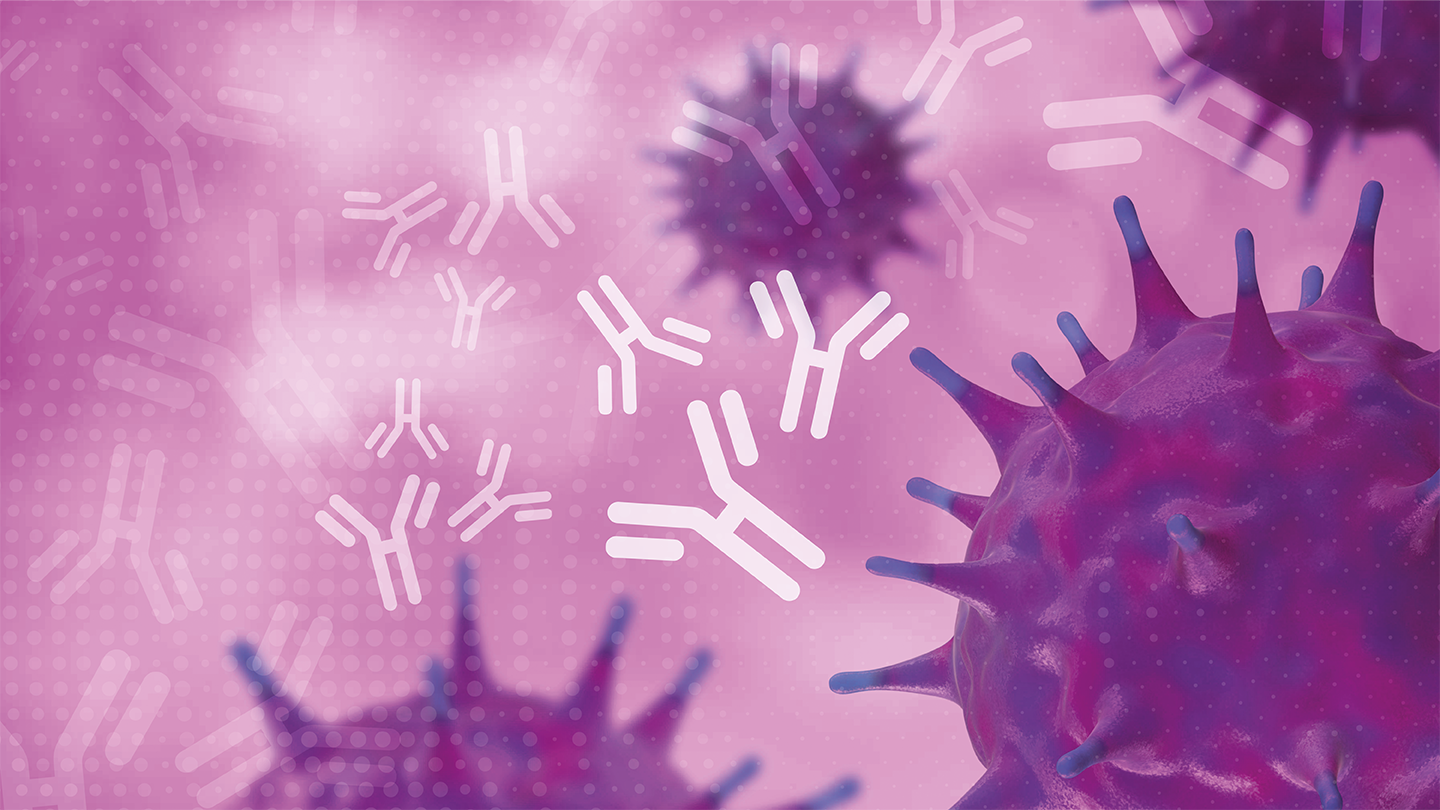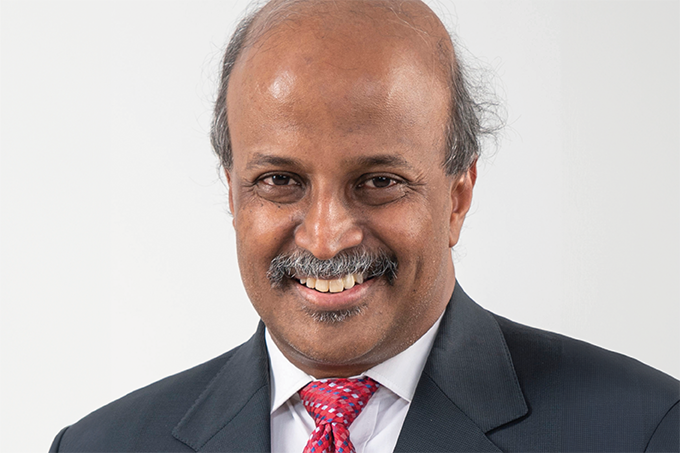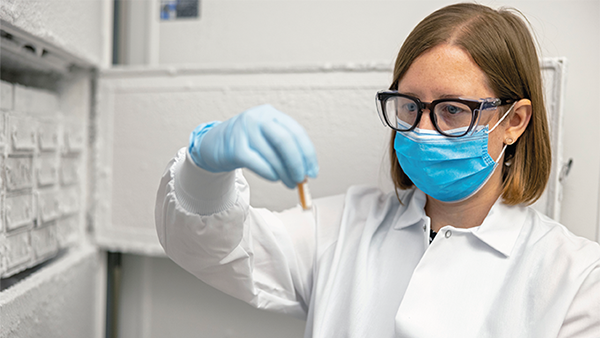You are viewing 1 of your 3 articles before login/registration is required
Putting the Mic in Microbiology
Luis Plaza takes us behind the scenes of his microbiology podcast, Let’s Talk Micro
Tell us about Let’s Talk Micro…
Let’s Talk Micro is a podcast that’s heavily focused on clinical microbiology – from organisms and biochemicals to media and processes – and anything else I have learned throughout my laboratory career. My aim is to provide listeners with new knowledge they can incorporate into their own work. There are many subspecialties within microbiology outside of the clinical setting, such as environmental microbiology and marine microbiology, among others, but there’s not much awareness around them – people either find out by accident or after they have already graduated. This is problematic because, although we do great work, microbiology is very understaffed and few people know what we do. I want to bring attention to these areas – all while raising awareness of the medical laboratory sciences profession as a whole.
The target audience spans all career levels – from students to clinical directors and everyone in between. I like to explain concepts in an easy-to-understand manner without getting too technical so that both early-career and experienced professionals can both understand.
What inspired you to start a podcast?
I have always wanted to go beyond the scope of my job and understand the processes behind why we do things, why we use specific media, or why organisms get worked up in certain ways. Working in microbiology is all about practice and repetition, and you start to see and learn more over the years in the lab. It was this need for information that inspired me to start Let’s Talk Micro – and I wanted to share this knowledge with the world.
Years ago, there was a big divide in microbiology between the senior clinical lab scientists who had been in the field for 20–30 years and the recent graduates. At the time, I thought about making a club or some space where those of us who were just starting out could meet and share what we had recently learned, but that never came to fruition and I progressed in my career. Eventually, I decided that this field moves too fast sometimes and you don’t always get answers to your questions, so why not collate all the information and put it out there in one resource that everyone can easily access? From that, Let’s Talk Micro was born.
How do you promote the podcast without the help of sponsors?
I have just passed 22,000 downloads which is an impressive feat because Let’s Talk Micro is an independent podcast – I don’t have any sponsors, so it’s all self-promotion and word of mouth. I’m happy that so many people have listened to us and I hope they continue to do so. I have mostly used social media for marketing and promotion; Twitter has worked particularly well because there’s a high concentration of academics and microbiologists across all levels. Once you have guest episodes that also helps because if they have a good experience on the podcast they retweet and promote the podcast to their followers.
I have previously been invited by schools and institutions to talk to university students about microbiology and clinical lab sciences, which also gave me the opportunity to promote the podcast. More proactively, I also reach out to specific schools and departments and invite them to check out the podcast – sometimes they respond, but I’ve found I have gotten a better response rate as the podcast continues to grow and I release more episodes. When I sent invitations at the beginning, I only had six or seven episodes for them to listen to, but now that we’re almost 80-episodes in they have a whole backlog of episodes to choose from.
There is always so much going on in microbiology and laboratory sciences. How do you choose which topics to cover?
My current goal is to cover the basic understanding of organisms and biochemicals, the media in clinical microbiology, antimicrobials, and more. This will provide the audience with a basic understanding of microbiology and how elements work together, which could help them in their own work or learning journey. Further to that, if I come across any publications that I think will be beneficial to clinical microbiologists, students, or other professionals, I reach out to the authors and invite them to interview. No one has declined so far, which I’m hugely grateful for!
The podcast caters to a wide target audience in microbiology and anyone can be a guest as long as they have a topic that is useful for our listeners. I have guests from all around the world and I’m considering the possibility of recording a few in Spanish. Until now, our episodes have been mainly in English, but there are so many incredible microbiologists in Latin America who might not feel comfortable having to speak English as a guest – I speak Spanish, so why not use this skill to expand the podcast? That way, we can bring on more microbiologists from Latin America and other Spanish-speaking countries and make them feel included in the podcast.
How important are science-focused podcasts, particularly in this modern age of information and social media?
Years ago, before podcasts started to take off, I never thought about the importance of audio media. Everyone is so attached to their phones and on social media all the time and, although it’s a great way to convey information, there is so much out there when you Google a topic that it can be hard to know where to go, what to read first, or what is accurate.
Everyone is busy with their daily lives – it’s hard to sit and dedicate time to reading journals, news articles, or books, but podcasts avoid this problem entirely. If you put the content into a 20–30 minute audio format, people can listen on their commute, in the shower, cleaning the house – any task! If they hear something that piques their interest they can search for more information after; I usually signpost listeners to further resources at the end of each episode so they don’t get lost in the pages of a search engine.
What is your favorite part of running Let’s Talk Micro?
I enjoy learning more about the mechanisms behind organisms or diving deep into topics I might not usually encounter at work, so one of my favorite parts of the podcasting process is the research. I don’t like editing episodes (I find it difficult to listen to myself for 30 minutes, I start to pick apart my voice!) but I love recording them, especially when I’m talking with other guests. It’s a great feeling because, without the podcast, I might not have had the chance to connect with so many interesting people; now I find myself talking to microbiologists from all around the world!
What advice can you offer to someone who wants to start their own podcast?
If you want to start a podcast, I say go for it! Just make sure the information you put out there is accurate. Set a goal for each episode of what you want to talk about and, before you hit record, make sure you know the topic you’ll be discussing and have gathered as much information about it as possible – even if you’re already a subject matter expert or interviewing an expert.
It’s hard work but it’s very rewarding; you need to have discipline because it can be challenging and time-consuming, especially editing episodes. You must also be consistent because if you want to reach as many people as possible you have to put in the promotional work and talk about it on social media – otherwise no one will know about it. It took me a while to finally get Let’s Talk Micro out there but it has been a great experience. I’m the type of person who can be closed off in my own world – I’m a good listener but I probably won’t be the one to start the conversation. The podcast has been a great challenge for me to get out there and force myself to talk with fellow microbiologists and come out of my shell.
And what would you like to say to potential listeners?
First, thank you in advance! Second, if you do listen to the podcast or subscribe, please leave a comment or get in touch and let me know what you think. Likewise, if you have any topic or guest suggestions let me know – and if you think you’ve done something in your work that could benefit others and you want to share it, I want to hear from you! Let’s Talk Micro is all about sharing knowledge and breaking down barriers to accessing information!
You can listen to Let’s Talk Micro on Apple Podcasts, Spotify, or wherever you get your podcasts – and you can find Luis on Twitter at @Letstalkmicro1.
Collage images supplied from: Rawpixel.com





